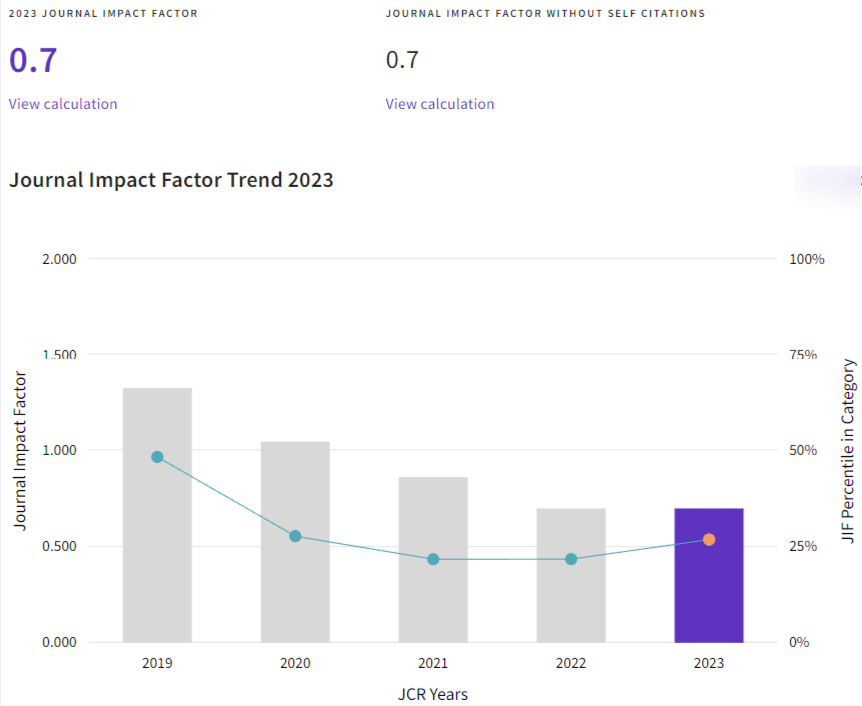Peer Review Process
Revista Mexicana de Ciencias Pecuarias is a refereed scientific journal, in which peer review is carried out under a double-blind modality.
The articles must favorably accredit the academic decision process which will operate under the modality of double review by blind peers, where the identity of both the authors and the reviewers will remain anonymous:
1. The articles to accredit the editorial decision will be sent to a Disciplinary Editor, who will turn it to the researchers and/or academic experts in the same disciplinary and thematic area as those of the nominated text. The reviewers will be selected from the portfolio of referees made up of specialists from national and international institutions who will comment on the relevance and academic quality of the proposed text, and determine the feasibility of its publication.
2. The referees will be responsible for reviewing and analyzing the academic, theoretical and methodological relevance of each and every article assigned to them. They will be responsible for reviewing the explicit presence of the theoretical-methodological section, as well as its congruence with the field of study, the coherence between the academic contribution and the relevance of the findings described, as well as the timeliness and timeliness of the bibliography to which it is presented. that is appealed.
3. All texts will be sent to two experts –preferably attached to an institution other than the authors' affiliation– who will issue their comments. In case of discrepancies in the opinions, a third expert will be used to resolve the difference. Finally, based on the reviewers' recommendations, the Disciplinary Editor's decision will be:
a) Accepted for publication. Recommend publication without modifications.
b) Revisions required. Recommend its publication with minor changes, which do not require a second review by the referees.
c) Resubmit. Make its publication conditional on the making of important changes, which requires a new review by the reviewers. This process can be repeated up to a maximum of three rounds; If at this point the document is still not recommended for publication, the article will be rejected without the option of a new submission.
d) Decline. Do not recommend your publication.
4. For a text to be approved for publication, it is essential that at least two of the three opinions be positive.
5. The editorial management will guarantee, in all cases, that the opinions delivered to the authors contain solid arguments that support the editorial decision
6. The results of the academic decision process will be unappealable in all cases
7. If observations are received, the author will have a period of thirty calendar days to send the new version of the work to the editor. If done outside of this period, the document will not be active on the platform and the authors will have to request that it be reactivated to continue the editorial process.
8. The time for the document to be submitted for opinion will depend on the number of articles on the waiting list. The referees, once they receive the article, will have three weeks to carry out the review and deliver the result.
9. The accepted documents will begin the editing process (style correction, metadata marking, training, layout, etc.), to later be included in the corresponding issue, according to the decision of the editorial management.
10. Once the editorial process is completed (style correction, metadata marking, training and layout), the preliminary version of the text will be handed over to the authors for final review and approval. The authors will have a period of three calendar days to deliver the approval. If comments are not delivered within this period, the journal's editorial coordination will assume that the authors have given their tacit approval.




